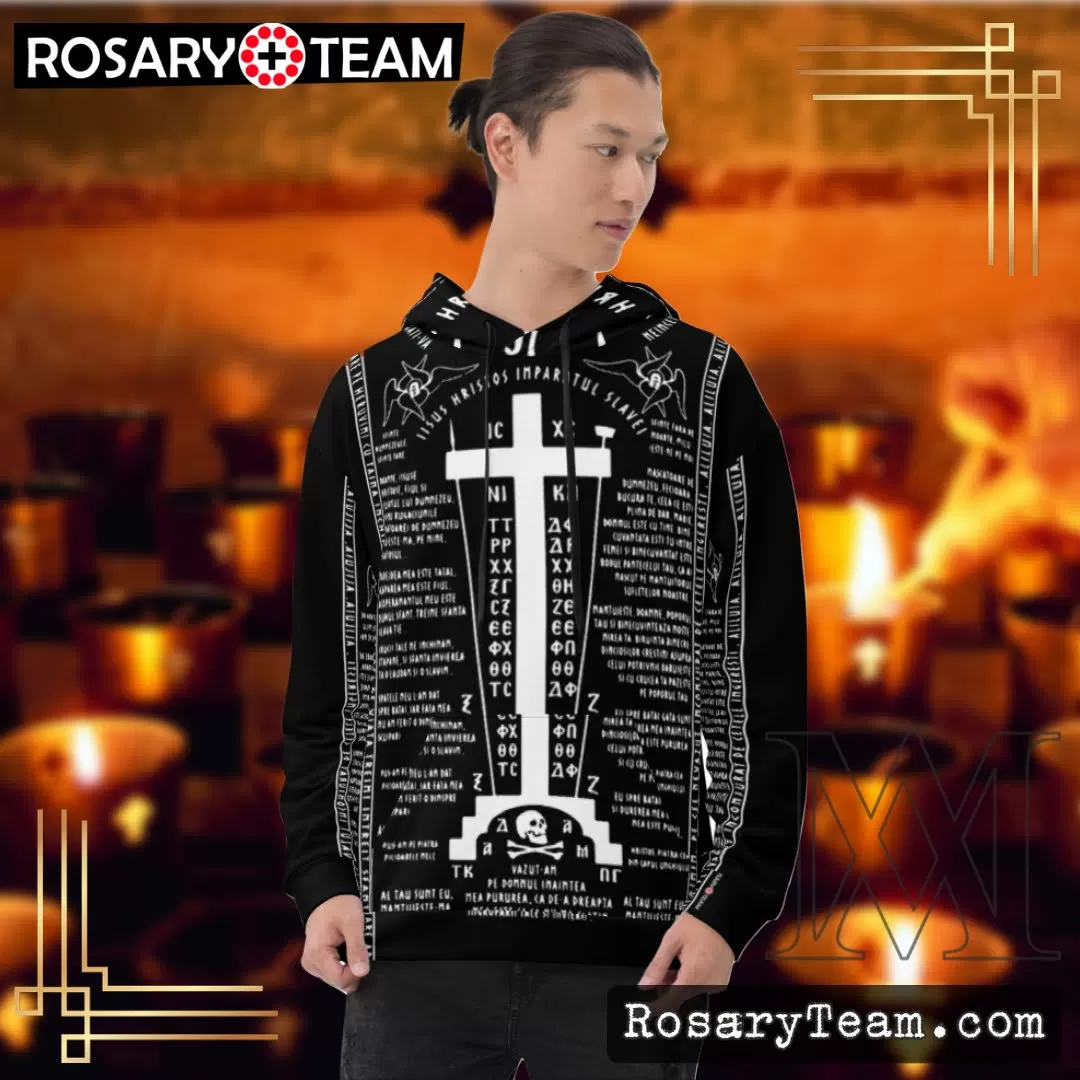Sunday, August 25 : Benedict XVI

Let us return once more to the Last Supper. The new element to emerge here was the deeper meaning given to Israel’s ancient prayer of blessing, which from that point on became the word of transformation, enabling us to participate in the “hour” of Christ. Jesus did not instruct us to repeat the Passover meal, which in any event, given that it is an anniversary, is not repeatable at will. He instructed us to enter into his “hour”. We enter into it through the sacred power of the words of consecration – a transformation brought about through the prayer of praise which places us in continuity with Israel and the whole of salvation history, and at the same time ushers in the new, to which the older prayer at its deepest level was pointing. The new prayer – which the Church calls the “Eucharistic Prayer” – brings the Eucharist into being. It is the word of power which transforms the gifts of the earth in an entirely new way into God’s gift of himself, and it draws us into this process of transformation. That is why we call this action “Eucharist”, which is a translation of the Hebrew word beracha – thanksgiving, praise, blessing, and a transformation worked by the Lord: the presence of his “hour”. Jesus’ hour is the hour in which love triumphs. In other words: it is God who has triumphed, because he is Love. Jesus’ hour seeks to become our own hour and will indeed become so if we allow ourselves, through the celebration of the Eucharist, to be drawn into that process of transformation that the Lord intends to bring about. The Eucharist must become the centre of our lives.
Roman Catholic Ordinary Calendar – rosary,team
















